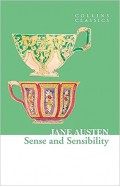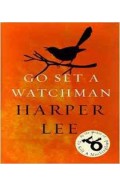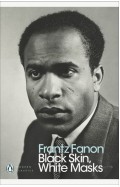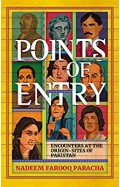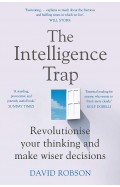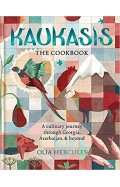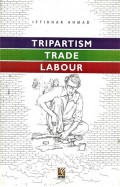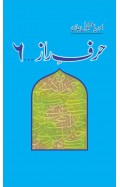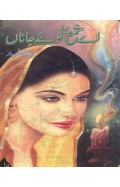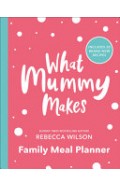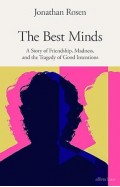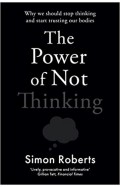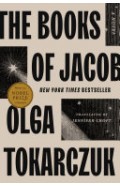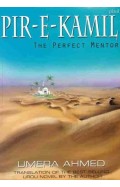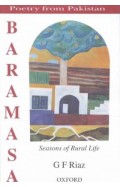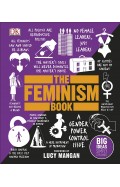The Awakening
By: Kate Chopin
-
Rs 1,355.75
- Rs 1,595.00
- 15%
You save Rs 239.25.
Due to constant currency fluctuation, prices are subject to change with or without notice.
“The bird that would soar above the level plain of tradition and prejudice must have strong wings. It is a sad spectacle to see the weaklings bruised, exhausted, fluttering back to earth.”
The Awakening follows Edna Pontellier, a resident of coastal Grand Isle of Louisiana in her late twenties, who has a quintessential set-up for a content housewife. Indeed, her husband makes good money on Wall Street speculations and her daily routine should gleefully hinge on the two children. But Edna is neither a self-sacrificing mother, nor a devoted wife. Instead, she is gradually awoken to rebel against the imposed societal expectations outside her family and the lack of understanding within. Edna is desperate to find her place being surrounded by the two extremes. On the one hand, she finds selfless Madame Ratignolle, who is a model wife. On the other, there is dejected Mademoiselle Reisz, who pursues her artistic aspiration in solitude. Edna realizes that she is not a possession and has to take charge of her life. She rejects the money of her husband and being suffocated in their big house decides to rent a flat to escape the status of mere possession. She explores her sexuality with a womanizer Alcee and seems to find real intimate understanding with a young man Robert Lebrun. Will this awakening predetermine her ultimate happiness or signpost personal tragedy? Will the duality of the ‘outward existence’ and ‘inward life’ be reconciled for Edna to signify her emancipation?
This short novel is widely acknowledged as such that encapsulates the features of fin de siècle realism in its linear narrative but also anticipates literary modernism of the early twentieth century. Edna’s defiance of the American alternative of Victorian ‘Angel in the House’ is reminiscent of such classics as Anna Brontë’s Tenant of the Wildfell Hall. The Awakening also precurses modernist works where the heroines look for the self - namely, Mrs Dalloway, Their Eyes Were Watching God and The Bell Jar. The condensed and intense prose style gives the novel a cryptic charm in line with Fitzgerald’s classic The Great Gatsby. Besides, vivid natural symbolism of water, birds and the moon is the calling card of the novel that enhances its level of ambiguity and multivalence.
“The bird that would soar above the level plain of tradition and prejudice must have strong wings. It is a sad spectacle to see the weaklings bruised, exhausted, fluttering back to earth.”
The Awakening follows Edna Pontellier, a resident of coastal Grand Isle of Louisiana in her late twenties, who has a quintessential set-up for a content housewife. Indeed, her husband makes good money on Wall Street speculations and her daily routine should gleefully hinge on the two children. But Edna is neither a self-sacrificing mother, nor a devoted wife. Instead, she is gradually awoken to rebel against the imposed societal expectations outside her family and the lack of understanding within. Edna is desperate to find her place being surrounded by the two extremes. On the one hand, she finds selfless Madame Ratignolle, who is a model wife. On the other, there is dejected Mademoiselle Reisz, who pursues her artistic aspiration in solitude. Edna realizes that she is not a possession and has to take charge of her life. She rejects the money of her husband and being suffocated in their big house decides to rent a flat to escape the status of mere possession. She explores her sexuality with a womanizer Alcee and seems to find real intimate understanding with a young man Robert Lebrun. Will this awakening predetermine her ultimate happiness or signpost personal tragedy? Will the duality of the ‘outward existence’ and ‘inward life’ be reconciled for Edna to signify her emancipation?
This short novel is widely acknowledged as such that encapsulates the features of fin de siècle realism in its linear narrative but also anticipates literary modernism of the early twentieth century. Edna’s defiance of the American alternative of Victorian ‘Angel in the House’ is reminiscent of such classics as Anna Brontë’s Tenant of the Wildfell Hall. The Awakening also precurses modernist works where the heroines look for the self - namely, Mrs Dalloway, Their Eyes Were Watching God and The Bell Jar. The condensed and intense prose style gives the novel a cryptic charm in line with Fitzgerald’s classic The Great Gatsby. Besides, vivid natural symbolism of water, birds and the moon is the calling card of the novel that enhances its level of ambiguity and multivalence.
Zubin Mehta: A Musical Journey (An Authorized Biography)
By: VOID - Bakhtiar K. Dadabhoy
Rs 892.50 Rs 1,050.00 Ex Tax :Rs 892.50
Black Skin, White Masks - New Edition (Get Political)
By: Frantz Fanon
Rs 2,245.50 Rs 2,495.00 Ex Tax :Rs 2,245.50
Points of Entry Encounters at the Origin Sites of Pakistan
By: Nadeem Farooq Paracha
Rs 1,440.75 Rs 1,695.00 Ex Tax :Rs 1,440.75
Summer Brain Quest: For Adventures Between Grades Pre-K & K
By: Workman Publishing
Rs 4,315.50 Rs 4,795.00 Ex Tax :Rs 4,315.50
No similar books from this author available at the moment.
Kaukasis The Cookbook: The culinary journey through Georgia, Azerbaijan & beyond
By: Olia Hercules
Rs 2,290.75 Rs 2,695.00 Ex Tax :Rs 2,290.75
Aye Shama Koye Janah Part 02 -
By: Muhammad Siddiq Al-Minshawi
Rs 850.00 Rs 1,000.00 Ex Tax :Rs 850.00
What Mummy Makes Family Meal Planner - Includes 28 Brand New Recipes
By: Rebecca Wilson
Rs 1,865.75 Rs 2,195.00 Ex Tax :Rs 1,865.75
Living Well by Design - Melissa Penfold
By: Melissa Penfold
Rs 11,875.50 Rs 13,195.00 Ex Tax :Rs 11,875.50
The Best Minds - A Story of Friendship, Madness, and the Tragedy of Good Intentions
By: Jonathan Rosen
Rs 5,845.50 Rs 6,495.00 Ex Tax :Rs 5,845.50
The Power of Not Thinking: How Our Bodies Learn and Why We Should Trust Them
By: Simon Roberts
Rs 2,035.75 Rs 2,395.00 Ex Tax :Rs 2,035.75
Zubin Mehta: A Musical Journey (An Authorized Biography)
By: VOID - Bakhtiar K. Dadabhoy
Rs 892.50 Rs 1,050.00 Ex Tax :Rs 892.50












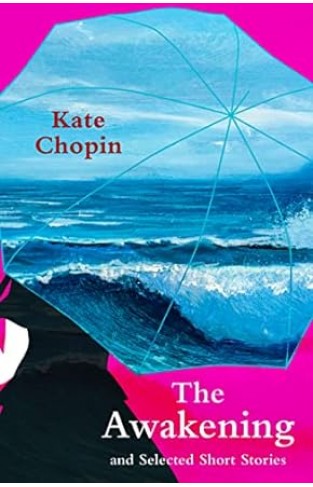
-120x187.jpg?q6)
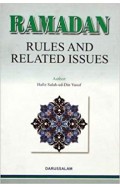
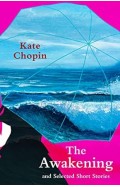
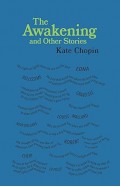
-120x187.jpg?q6)





